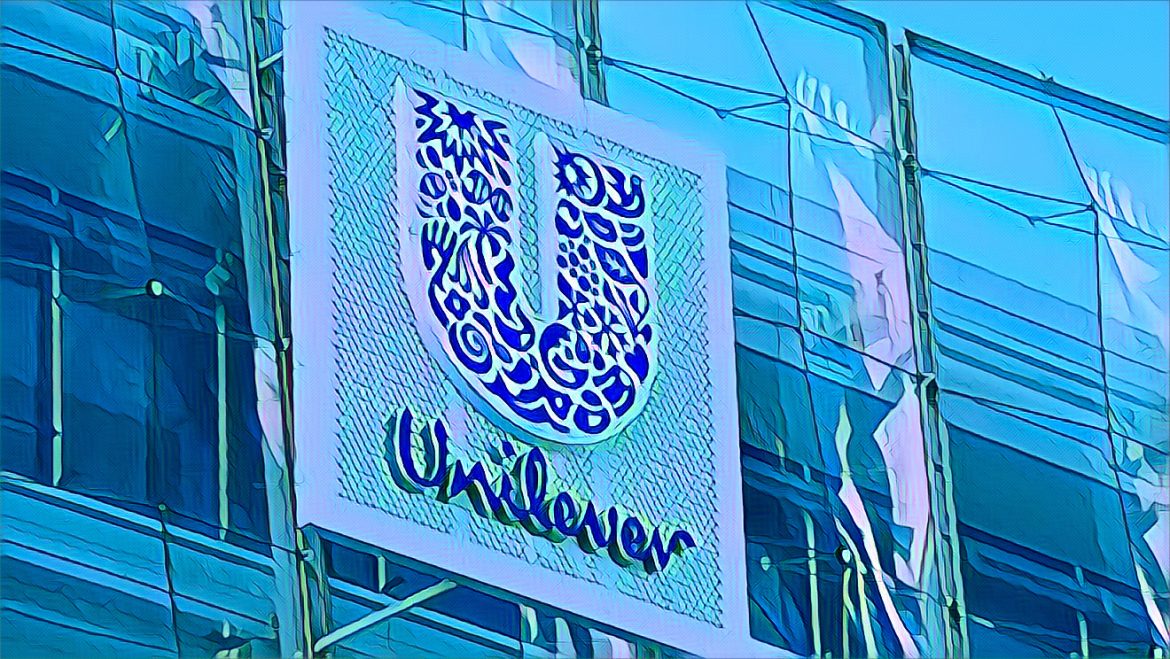On March 11, 2024, Dr. Cassiel Ato Forson, the Minority Leader in the Ghanaian Parliament, highlighted a significant corporate shift amidst the country’s economic turmoil—Unilever Ghana’s decision to relocate its tea production operations to Nigeria. This move, announced in the wake of President Akufo-Addo’s State of the Nation address to Parliament in February, marks a pivotal moment for the West African business landscape, underscoring the dire economic challenges Ghana faces.
Dr. Forson, representing the Ajumako Enyan Essiam constituency and a former Deputy Finance Minister, underscored the gravity of Unilever’s departure. For decades, Unilever Ghana had produced its iconic Lipton tea within the nation’s borders. The company’s decision to transfer these operations to Nigeria signifies not only a loss of jobs for Ghanaians but also a critical blow to local industry and national pride. Furthermore, Dr. Forson lamented the stalled commencement of Pepsodent production in Ghana—a project initiated five years ago by President Akufo-Addo, which remains unfulfilled due to the deteriorating business environment.
This shift by Unilever Ghana serves as a stark illustration of the broader economic distress plaguing the country. Ghana’s economy, once hailed as one of Africa’s most dynamic, faces mounting challenges, including rising inflation, currency devaluation, and an exodus of international investment. Dr. Forson’s disclosures, particularly concerning the relocation of significant manufacturing operations to Nigeria, signal potential for a cascading effect, with other corporations possibly reconsidering their presence in Ghana amid the economic downturn.
The implications of such corporate migrations extend beyond immediate job losses. They also pose questions about the country’s ability to attract and retain foreign direct investment (FDI), crucial for economic growth and development. The loss of Unilever’s tea production to Nigeria highlights the urgency for Ghana’s government to address the economic malaise and restore confidence among the business community.
Dr. Forson’s criticism of the Akufo-Addo administration’s handling of the economy resonates with a broader discontent voiced by various stakeholders. This situation places additional pressure on the government to enact policies that will stabilize the economy, improve the business climate, and safeguard jobs for its citizens.
As Ghana navigates through these economic challenges, the relocation of Unilever’s tea production to Nigeria serves as a wake-up call. It emphasizes the need for comprehensive economic strategies that bolster investor confidence, promote sustainable development, and ensure the nation remains an attractive destination for both regional and global businesses.
This corporate shift also underscores the interconnectedness of West African economies and the importance of regional stability and cooperation. As countries like Nigeria benefit from such relocations, it is imperative for Ghana to reassess and recalibrate its economic policies to prevent further corporate exits and to foster an environment conducive to growth, innovation, and prosperity.
In conclusion, Unilever Ghana’s decision to move its tea production to Nigeria amidst Ghana’s economic difficulties is a telling indicator of the broader challenges facing the nation. It not only signifies a significant loss for Ghana’s industrial and employment sectors but also serves as a critical juncture for the government to address underlying economic issues. As Dr. Ato Forson’s revelation brings this issue to the forefront, it is crucial for Ghanaian authorities to undertake immediate and effective measures to reverse the country’s economic fortunes, thereby ensuring that Ghana remains a competitive and viable landscape for both local and international enterprises.
Source: The Sun Nigeria





3 comments
Can you be more specific about the content of your article? After reading it, I still have some doubts. Hope you can help me.
Your article helped me a lot, is there any more related content? Thanks!
Thank you for your sharing. I am worried that I lack creative ideas. It is your article that makes me full of hope. Thank you. But, I have a question, can you help me?